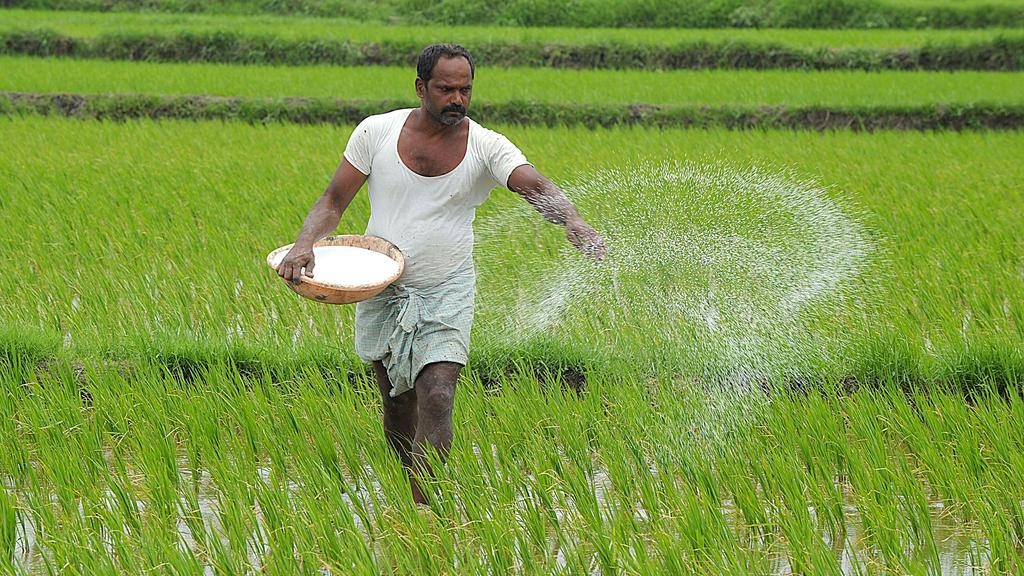Bhubaneswar: Following the release of the annual budget, experts here raised concern over lack of balance between profitability and sustainability in the agriculture sector which could have disastrous impact on the livelihood, national economy and the environment.
Discussing at a policy dialogue organised by Centre for Policy, Governance and Advocacy (CPGA) here at the CYSD, several experts, senior journalists, practitioners and academics were of the opinion that while the national budget has taken unprecedented measures to reform and revive the agriculture sector, it is important to focus on how to make the produce more climate resilient, sustainable and profitable.
Highlighting the 16-point formula by the Finance Minister, Himanshu Shekhar Rout, Associate Professor at Utkal University said, “Although the government proposed setting up solar irrigation facilities for 35 lakh farmers, agri-water management is worst in India. Roughly 70%- 75% of irrigation water diverted from the reservoir to the farm is lost mid-way thereby resulting in very low irrigation efficiency of upto 25-30%. If the available water is managed efficiently, more than half of crop failures will stop.”
While agriculture budget allocation for 2020-21 is 3% higher than the previous year at Rs 134399.77 crores, former state Agriculture Production Commissioner, Sanjeev Hota, pointed five key vulnerabilities without which it would be futile to plan on sustainability.
“Weak bargaining powers of small and marginal farmers; over dependency on government for MSP (Minimum Support Price); lack of storage and transport facility; water scarcity and huge risks involved in farming. Without addressing these vulnerabilities farming will continuously face greater slumps despite huge financial pumping,” he added.
Speaking on Odisha being a top state in procurement of paddy through SHGs and PACs, Sarba Narayan Mishra, Associate Professor in Agriculture Economics at OUAT, expressed concern over slash of funds from Rs 1,51,000 lakh crore to Rs 75,000 crores to Food Corporation of India (FCI) for procurement and PDS operations. Sarba also suggested opening and modernizing mandi and market infrastructure as top priority.
Stressing on how climate change is impacting the agricultural productivity Dibakar Nayak, former professor in central agriculture said that the crop variation needs more research and funding. With constant rise in global temperatures, Nayak was of the opinion that the yield of the crop decreases by 10% for each one degree rise in temperature in the growing season.
“Untimely rain and Early season drought due to delay in monsoon requires development of new variety of crops particularly in the paddy. Also, with temperatures rising, suitable crop variety maybe developed to check the sterility of the soil. Thus, suitable agronomic practices need to be developed,” Nayak added.
